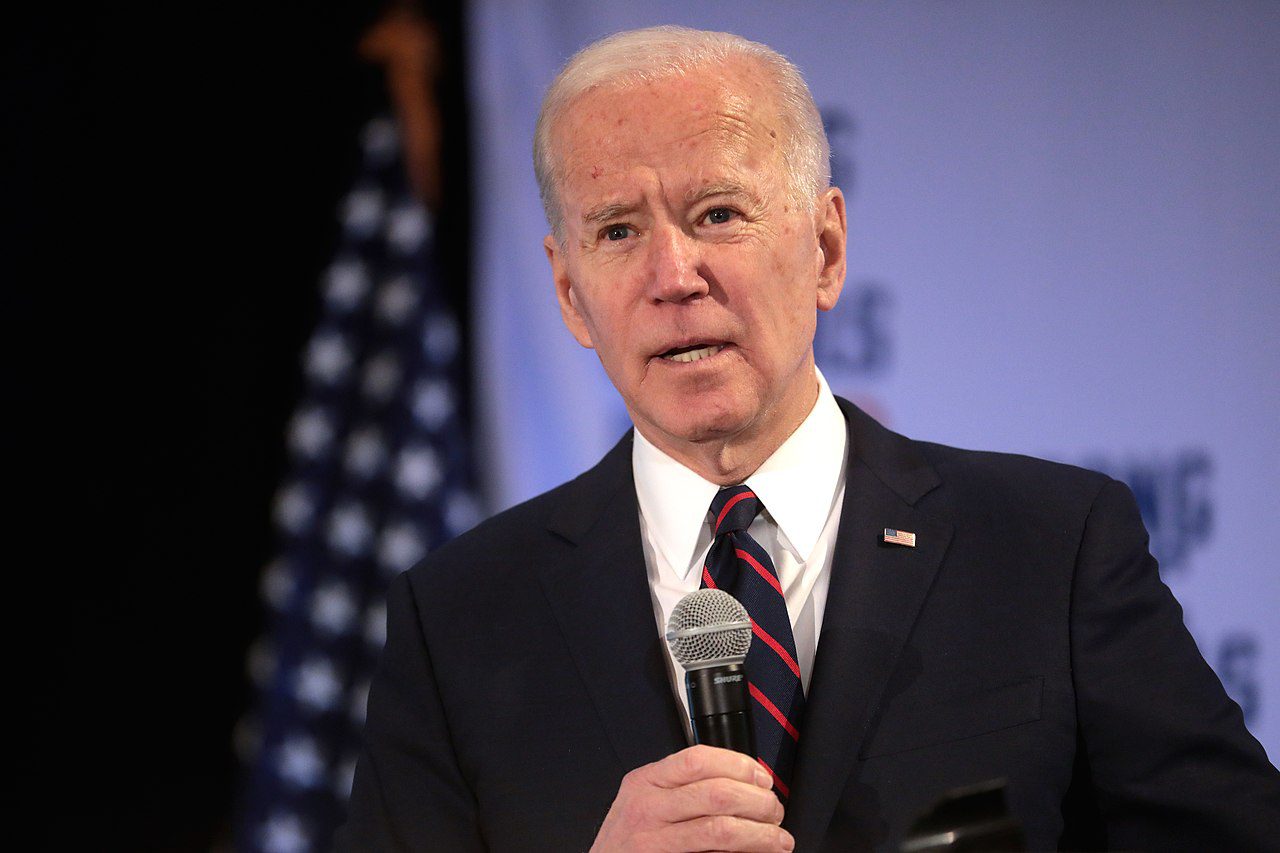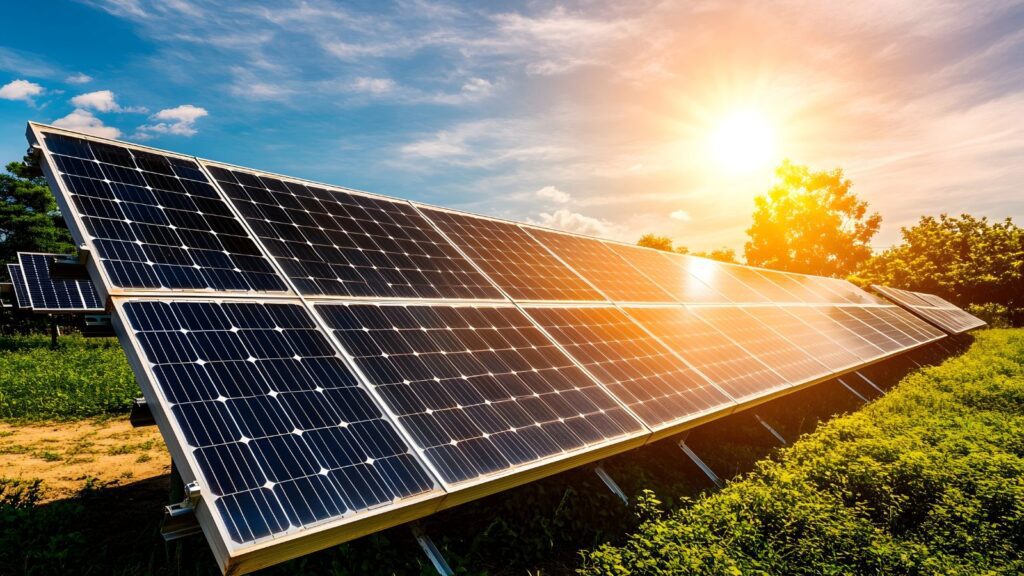When a decade of inaction starts to catch up
It has just been over a week since President Biden’s inauguration – and he has already started delivering in a big way on his ambitious climate plan. In fact, the actions already taken by the Biden administration in its first week is more ambitious than anything we’ve seen from our current federal government over the past five years – or any previous Canadian government.
It has been over a decade since Canada first committed to phase out ‘inefficient’ fossil fuel subsidies, yet the government has made little progress to actually achieve this commitment. We still give over fourteen billion in tax breaks, direct handouts and public financing to oil and gas companies every year.

President Biden announces real progress on subsidies
Among the package of measures announced last Wednesday were concrete actions to end subsidies and public finance for fossil fuels.
These actions include:
- Instructing federal agencies to identify and eliminate fossil fuel subsidies
- Developing a plan for ending international financing of fossil fuel projects with public money and shifting those funds to towards a green recovery, including the Export-Import Bank of the United States
- Re-evaluating royalties associated with coal, oil and gas resources extracted from public lands and offshore waters and taking action to account for corresponding climate costs
And even better, President Biden has made strong statements like: “Unlike previous administrations, I don’t think the federal government should give handouts to Big Oil – to the tune of $40 billion dollars in fossil fuel subsidies.” Biden has said axing fossil fuel subsidies will generate money to help pay for his broader US $2 trillion climate plan.
It takes resolve to announce you are taking away that much money from oil and gas, which is just as powerful a lobby group in the United States as here in Canada. American federal agencies have been providing billions in handouts to oil, gas and coal corporations. Now those can be removed without delay.
Canada is hiding behind made-up definitions
You might have noticed that the word inefficient above in Canada’s commitment to phase out subsidies. Minister Wilkinson and his colleagues have hidden behind this word.
Ten years on, and there’s still no actual definition for what an inefficient or efficient subsidy is. In fact, the Canadian government has used that language to argue that all of our billions of dollars of handouts are efficient and so hey, no need to take further action!
Premiers are also short changing us by undercharging on royalties
Not all the blame goes to our federal government. Provinces, especially Alberta, British Columbia and increasingly Newfoundland and Labrador, also shell over big bucks to Big Oil.
One key way in which provinces keep fueling the climate crisis is through plummeting royalties.
Royalties are the public’s rightful share of the revenues derived from publicly owned resources. Companies pay royalties to provincial governments for extracting natural resources from publicly-owned lands.
But the amount provincial governments are charging fossil fuels keeps going down. For example, net royalty revenues from natural gas in the BC budget have fallen from in excess of $1 billion per year a decade ago to being in the range of $140 to 160 million for the past four years, even though total BC gas production has increased by more than 60 per cent.
Which makes President Biden’s commitment to re-examine royalties and adjust them to account for climate costs very interesting and hopefully precedent setting.
A path for Canada to follow
It was easier for Canada to keep our climate leadership credentials when former President Trump was in power.
President Biden and his administration seem to understand the scale at which countries must act to tackle the climate emergency. Here in Canada our decision makers at both the provincial and federal levels continue to have their heads in the sand – especially when it comes to financing the very industry that is fueling the crisis.








